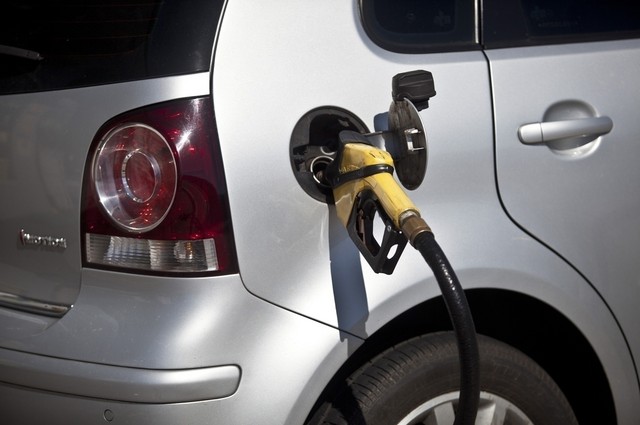Oil Marketers to Now Fix Prices, Says PPPRA
The Petroleum Products Pricing Regulatory Agency (PPPRA) has said it is no longer going to be providing guiding price bands for filling stations as full deregulation is now in play.
The agency said henceforth oil marketers will be fixing pump prices in line with forces of demand and supply and the international cost of crude oil.
Abdulkadir Saidu, the Executive Secretary, PPPRA, disclosed this on Tuesday.
He said, “This, however, must be in accordance with our code of conduct because as the regulator, it is our duty to protect the consumer and operators must abide by our codes.”
The PPPRA introduced what it described as Petrol Pricing Regime on March 19, 2020 to better manage price regulation and ensure marketers did not take advantage of the new deregulation policy to fix outrageous prices.
However, the recent outcry that trailed the Petrol Pricing Regime had compelled the agency to allow true deregulation of the downstream oil sector.
Saidu, who was represented by the agency’s General Manager, Administration and Human Resources, Victor Shidok, also stated that oil marketers were not importing petrol due to scarcity of foreign exchange.
He explained that it was Pipelines Product Marketing Company (PPMC), a subsidiary of the Nigerian National Petroleum Corporation, that has been doing the importation.
Responding to questions on whether the PPMC was now the sole determiner of pump price being the only importer of the commodity and the prevalent forex scarcity, Saidu said other oil marketers can now source for their own product and import like PPMC.
He further stated that where they sourced their product from also determine their pump price as this has been impacting prices of late despite the relatively stable global oil market.
Dr. Ayodele Oni, an energy expert and Partner at Bloomfield Law Practice, said the PPPRA will no longer be relevant with full deregulation in play.
He said, “With the proposal to fully deregulate the downstream sector, it is arguable that the PPPRA will no longer be relevant and should, therefore, be wound up.
“However, to the extent that it still has functions, such as are related to the establishment of parameters and codes of conduct for all operators in the downstream petroleum sector, the agency will still be of limited relevance and then it staff strength may be substantially reduced.”

 Forex3 weeks ago
Forex3 weeks ago
 Naira3 weeks ago
Naira3 weeks ago
 Billionaire Watch2 weeks ago
Billionaire Watch2 weeks ago


 Naira3 weeks ago
Naira3 weeks ago




 Naira2 weeks ago
Naira2 weeks ago




 Naira1 week ago
Naira1 week ago




 Naira4 weeks ago
Naira4 weeks ago
 Banking Sector4 weeks ago
Banking Sector4 weeks ago
















